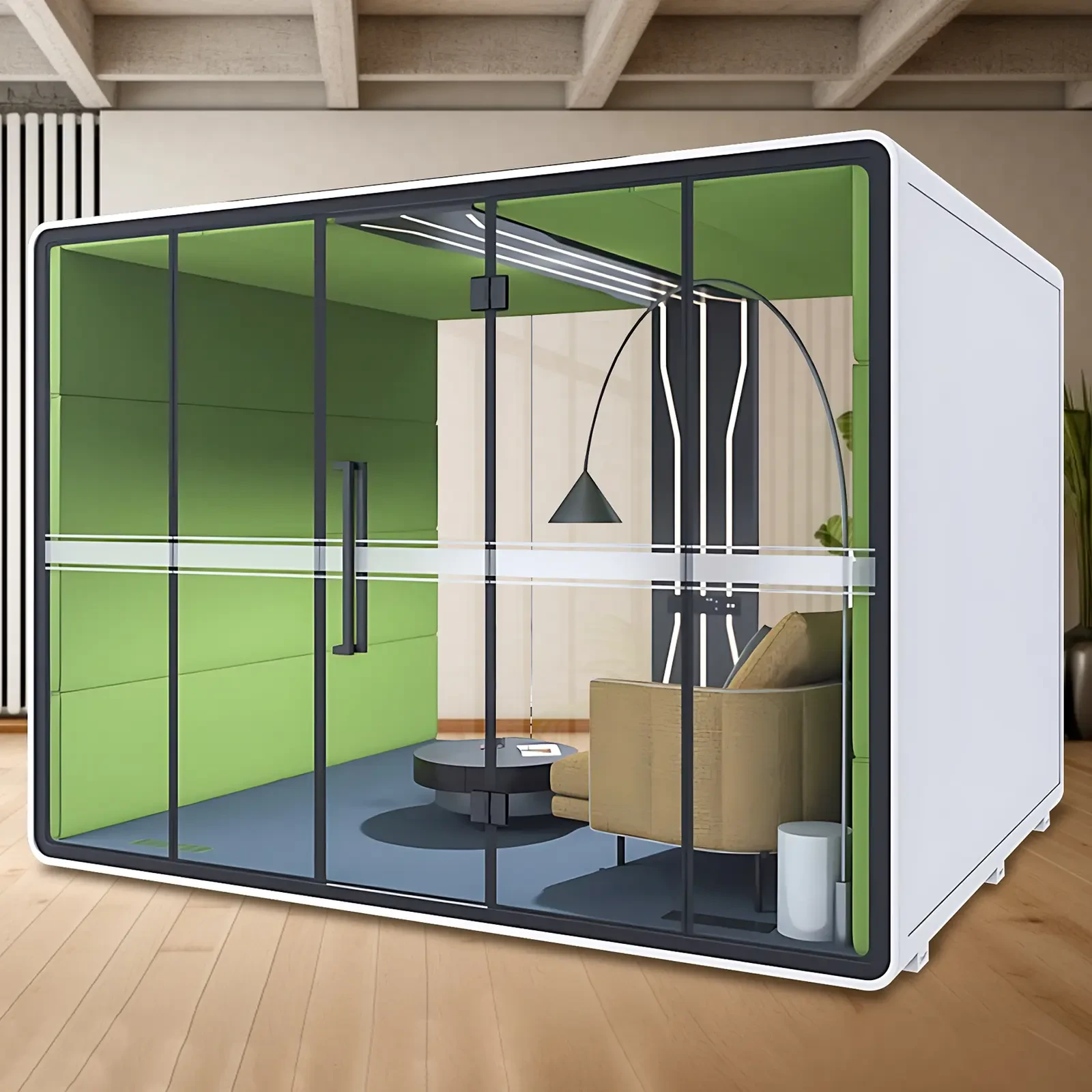The once-commonplace roar of early morning construction drilling rigs, the throbbing of late-night neighborhood speakers, and the piercing sound of square dance music through windows and walls-these lingering noise disturbances are no longer simply a matter of neighborhood disputes. With the implementation of the newly revised "Law of the People's Republic of China on the Prevention and Control of Noise Pollution," individual behavior is now explicitly regulated by the law, becoming an indispensable and crucial link in the noise pollution prevention chain. The legal boundaries have been clearly defined: maintaining tranquility is not only a call for public morality, but also an unshirkable legal responsibility of every citizen.
The new regulations’ “focus” on individual behavior: from bystanders to responsible parties
The new law significantly strengthens the regulation and constraints on personal noise behavior:
Clarified responsibilities: For the first time, the law clearly stipulates the legal obligations of individuals to control noise and avoid disturbing others in public places, family activities and other scenarios.
Scenario specificity: Clearer behavioral boundaries and decibel limits are set for areas that are easily involved by individuals, such as neighborhood life noise (such as interior decoration, family entertainment, and pet keeping), noise in public places (such as square dancing, street promotions, and improper honking of vehicles), and commercial operation noise.
Consequences are made explicit: Individuals violating the regulations are subject to clear legal liabilities, including warnings and fines. In some places, individuals have been penalized for persistently making noise late at night or refusing to correct their behavior.
A practical guide for individuals to practice noise prevention
Under the new law, peaceful living requires our conscious actions:
1. Home space: Tranquility is the highest level of self-discipline
Be courteous when renovating: Strictly adhere to local construction hours. Inform neighbors of your renovation plans in advance. Avoid using noisy tools during sensitive times (such as lunch breaks and at night). Choose noise-reducing techniques and materials.
Entertainment should be moderate: When using speakers or musical instruments at home or at gatherings, lower the volume, especially at night and early in the morning. Keep doors and windows closed, and preferably use headphones.
"Quiet" home appliances: Choose low-noise appliances, place them appropriately (such as placing the washing machine away from bedroom partitions), and perform regular maintenance to reduce abnormal vibration noise.
Pet "quiet" companionship: Manage pets properly to prevent prolonged barking and disturbing neighbors. Respond promptly to reassure them and seek professional training when necessary.
2. Public places: Noise should be controlled.
"Control" the sound during public entertainment: When participating in group activities such as square dancing and aerobics, actively use directional speakers and adjust the volume to a reasonable level, stay away from residential buildings and rest areas, and strictly abide by time regulations.
Drive quietly: Avoid unnecessary and prolonged honking while driving, especially around residential areas, hospitals, and schools. Modifying a vehicle's exhaust to create a roar is illegal. Drive slowly within the community to reduce engine noise.
Be polite in conversation: Avoid loud noises and arguments in public places. Wear headphones when using electronic devices and don't bring your private voice into public spaces.
3. Encountering Noise: Rational Rights Protection and Communication
Communication first: When disturbed by noise, first try to communicate in a friendly manner and clearly express your feelings and demands. Most neighborhood conflicts can be resolved this way.
Make good use of channels: When communication is ineffective, report to the property management company, neighborhood committee, and property owners' committee in a timely manner and seek mediation assistance.
Complain in accordance with the law: If the noise persists and seriously interferes with your life, especially if it clearly violates the prescribed time period or standards, you can call the environmental protection complaint hotline (12369), the public security police phone number (110), or report it through the official platform. Be sure to retain audio and video recordings and other evidence.
Guarding Tranquility: The Resonance of Personal Values and Social Civilization
Proactive noise prevention and control demonstrates a personal commitment to law-abiding behavior and demonstrates the qualities of a modern citizen. When every household consciously lowers the volume of their daily lives, communities develop a foundation for harmony. When public spaces are shielded from noise through self-discipline, cities foster a richness of civilization. This inner and outer protection of tranquility not only mitigates legal risks but also fosters an atmosphere of mutual respect, enhancing our shared quality of living and dignity.
The new noise law establishes a legal barrier for a peaceful life, but its stability ultimately depends on the actions of millions of individuals. While the law grants us the right to be free from noise, it also places upon us the obligation to safeguard tranquility. From turning down the speakers at home to speaking softly in public, every act of restraint and consideration is a gift to civilization. When millions of individuals demonstrate restraint, we will ultimately find a truly peaceful, cherished echo in our lives.

 USD
USD
 GBP
GBP
 EUR
EUR



